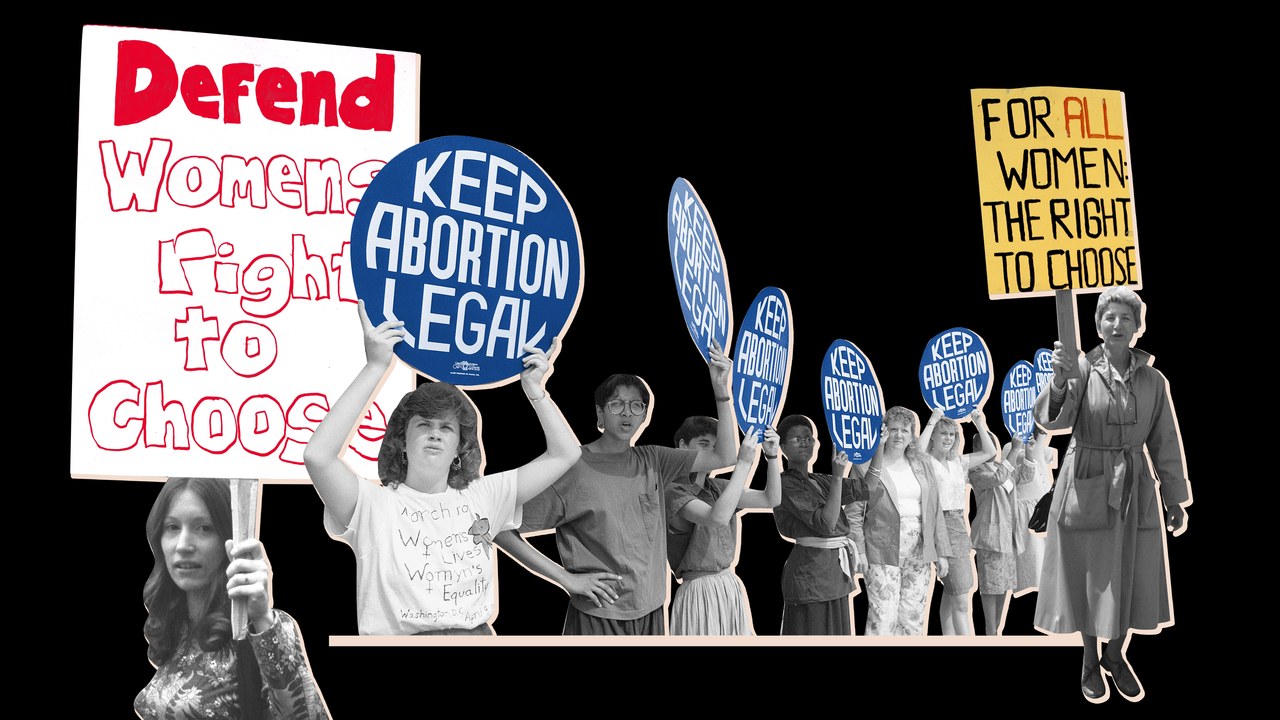A Case That Could Seriously Undermine Abortion Rights Is Before SCOTUS

Justice Brett Kavanaugh’s confirmation, which officially cemented a conservative majority on the Supreme Court, sparked a lot of questions. Namely: What will happen to abortion rights? With a new case heading to the Supreme Court, the answer may not be far off.
Earlier this week lawyers brought a case before SCOTUS that could have major consequences for the future of Roe v. Wade. Here’s the rundown: The Center for Reproductive Rights filed an emergency motion, asking the Supreme Court to block legislation that would make getting an abortion in the state more difficult. The law, passed in Louisiana, requires doctors performing abortions to have admitting privileges at a nearby hospital and will go into effect on Monday unless SCOTUS steps in. If they don’t, it will mean fewer clinics will be able to provide abortions. (As it stands, Louisiana has only three abortion clinics in the entire state.)
It would be a major threat to women in Louisiana seeking abortion care, because most women would have to travel over 150 miles to get an abortion. Translation: “The right to accessing legal abortion could be virtually extinct [in Louisiana],” says TJ Tu, a lawyer with the Center for Reproductive Rights who is working on the case.
But that’s just the beginning. If the Supreme Court doesn’t issue a temporary block on the law, or if they refuse to hear an official appeal later this year, it will send a powerful message to state lawmakers: SCOTUS isn’t defending Roe v. Wade.
Since Kavanaugh’s confirmation, there’s been a lot of talk over whether the Supreme Court will overturn Roe v. Wade. But that’s not the most serious threat to a woman’s right to choose, according to legal experts. States are passing legislation that openly defies the landmark ruling, banking on the hope that a conservative Supreme Court will endorse those policies—either by declining to hear appeals on lower-court case rulings, or backing those that do make it to the court. From Alabama to Ohio, laws effectively stripping women of the right to safe, legal abortion are racking up. “Antichoice legislators have effectively declared open season on women’s constitutional right to an abortion,” Tu says.
That’s why the Louisiana law (and whether it’s struck down by SCOTUS) is so important. “It shows courts can effectively gut the right to abortion without overturning Roe,” Tu says. “This has been the fear of advocates for years—that concern is becoming a reality.”
This isn’t the first time an abortion-related case has been brought to the Supreme Court since Kavanaugh was confirmed. In December SCOTUS declined to rule on two cases involving Planned Parenthood. “They may have decided this is not the year to stick their necks out following [the controversy over] Kavanaugh,” says Carol Sanger, a professor at Columbia Law School and author of About Abortion: Terminating Pregnancy in Twenty-First-Century America.
This case, which will probably end up on the docket for the next session of the Court if the justices decide to hear it, will likely be too important for SCOTUS to pass up, says Tu. And it raises serious questions, he says, about whether standing precedents on abortion matter to the judges. “Even justices that have disagreed with some recent abortion cases have said it’s important that precedents are followed and that lower courts do what the Supreme Court has ruled,” he says. In other words, the pending case gets right to the heart of the legal fight over Roe: Should previous rulings like Roe v. Wade be respected and upheld? “This case puts that question directly to the justices,” Tu says.
So what does this mean for the future of abortion rights? Tu says the Louisiana case is the canary in the coal mine. “It’s the product of a decades-long effort by antichoice legislators in that state to effectively kill the right to abortion without overturning Roe,” he says. “And if they can do it Louisiana, they can do it anywhere.”
Macaela MacKenzie is the senior health editor at Glamour. Follow her on Twitter @MacaelaMack.
